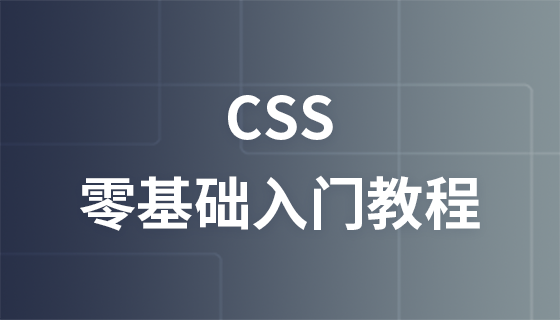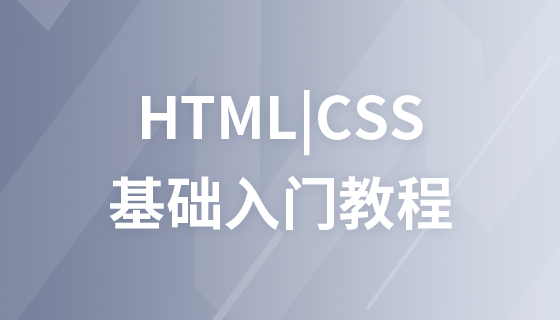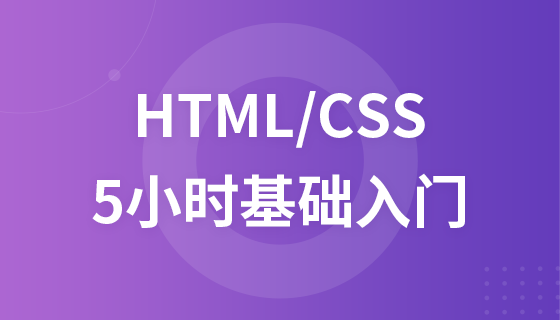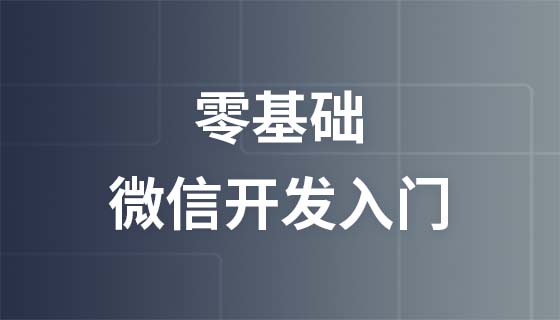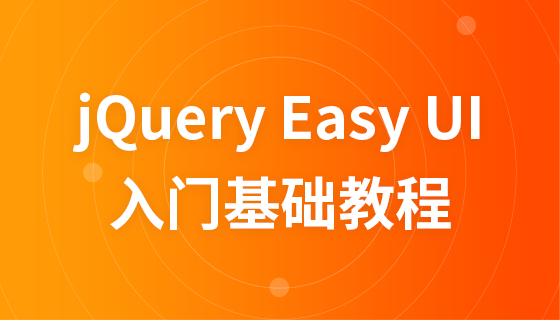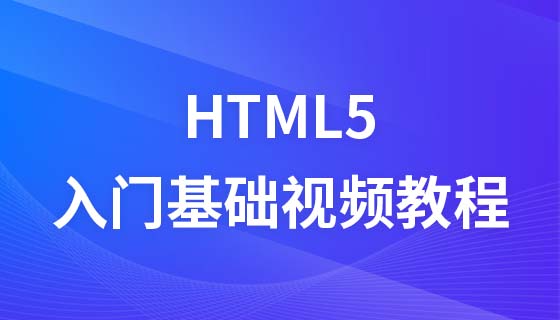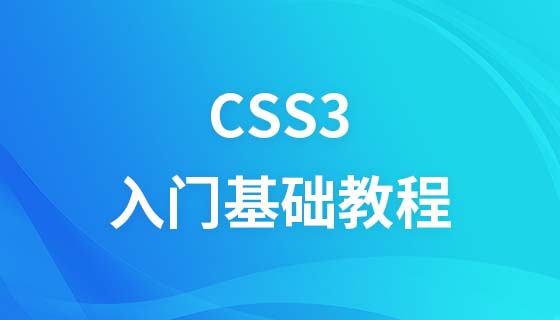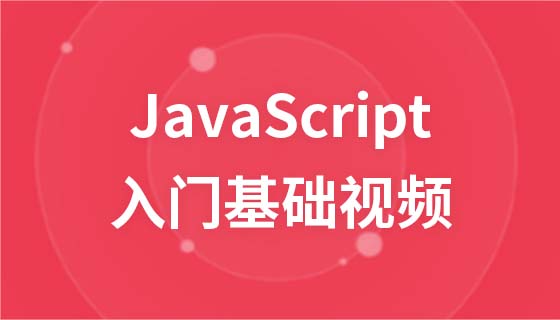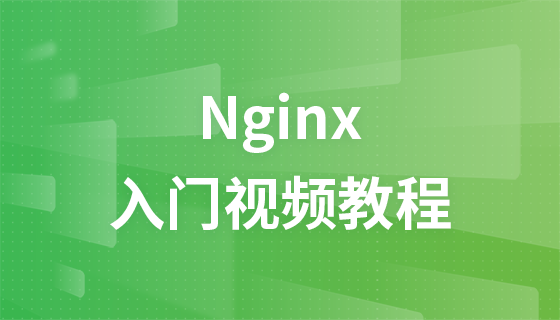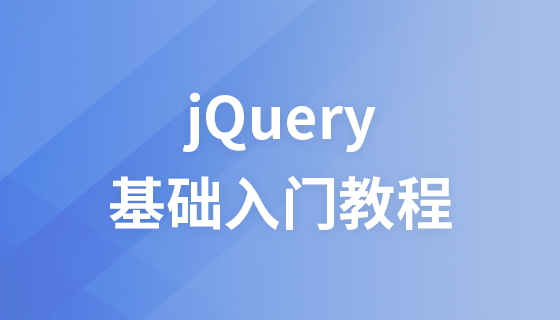CSS Positioning(定位)
CSS Positioning(定位)
#CSS定位屬性允許你為一個元素定位。它也可以將一個元素放在另一個元素後面,並指定一個元素的內容太大時,應該發生什麼。
元素可以使用的頂部,底部,左側和右側屬性定位。然而,這些屬性無法運作,除非是先設定position屬性。他們也有不同的工作方式,這取決於定位方法.
有四種不同的定位方法。
Static 定位
#HTML元素的預設值,即沒有定位,元素出現在正常的流中。
靜態定位的元素不會受到top, bottom, left, right影響。
Fixed 定位
#元素的位置相對於瀏覽器視窗是固定位置。
即使視窗是捲動的它也不會移動:
<!DOCTYPE html>
<html>
<head>
<meta charset="utf-8">
<title>php中文网(php.cn)</title>
<style>
p.pos_fixed
{
position:fixed;
top:30px;
right:5px;
}
</style>
</head>
<body>
<p class="pos_fixed">Some more text</p>
<p><b>注意:</b> IE7和IE8支持只有一个!DOCTYPE指定固定值.</p>
<p>Some text</p><p>Some text</p><p>Some text</p><p>Some text</p><p>Some text</p><p>Some text</p><p>Some text</p><p>Some text</p><p>Some text</p><p>Some text</p><p>Some text</p><p>Some text</p><p>Some text</p><p>Some text</p><p>Some text</p><p>Some text</p>
</body>
</html>執行程式嘗試
Relative定位
相對定位元素的定位是相對其正常位置。
實例
<!DOCTYPE html>
<html>
<head>
<meta charset="utf-8">
<title>php中文网(php.cn)</title>
<style>
h2.pos_left
{
position:relative;
left:-20px;
}
h2.pos_right
{
position:relative;
left:20px;
}
</style>
</head>
<body>
<h2>This is a heading with no position</h2>
<h2 class="pos_left">This heading is moved left according to its normal position</h2>
<h2 class="pos_right">This heading is moved right according to its normal position</h2>
<p>Relative positioning moves an element RELATIVE to its original position.</p>
<p>The style "left:-20px" subtracts 20 pixels from the element's original left position.</p>
<p>The style "left:20px" adds 20 pixels to the element's original left position.</p>
</body>
</html>運行程式嘗試
可以移動的相對定位元素的內容和重疊的元素,它原本所佔的空間不會改變。
<!DOCTYPE html>
<html>
<head>
<meta charset="utf-8">
<title>php中文网(php.cn)</title>
<style>
h2.pos_top
{
position:relative;
top:-50px;
}
</style>
</head>
<body>
<h2>This is a heading with no position</h2>
<h2 class="pos_top">This heading is moved upwards according to its normal position</h2>
<p><b>注意:</b> 即使相对定位元素的内容是移动,预留空间的元素仍保存在正常流动。</p>
</body>
</html>相對定位元素經常被用來當作絕對定位元素的容器區塊。
Absolute 定位
#絕對定位的元素的位置相對於最近的已定位父元素,如果元素沒有已定位的父元素,那麼它的位置相對於:
<!DOCTYPE html>
<html>
<head>
<meta charset="utf-8">
<title>php中文网(php.cn)</title>
<style>
h2
{
position:absolute;
left:100px;
top:150px;
}
</style>
</head>
<body>
<h2>This is a heading with an absolute position</h2>
<p>用绝对定位,一个元素可以放在页面上的任何位置。标题下面放置距离左边的页面100 px和距离页面的顶部150 px的元素。.</p>
</body>
</html>運行程式嘗試一下
Absolutely定位使元素的位置與文件流無關,因此不佔據空間。
Absolutely定位的元素和其他元素重疊。
重疊的元素
元素的定位與文件流無關,所以它們可以覆寫頁面上的其它元素
z-index屬性指定了一個元素的堆疊順序(哪個元素應該放在前面,或後面)
一個元素可以有正數或負數的堆疊順序:
<!DOCTYPE html>
<html>
<head>
<meta charset="utf-8">
<title>php中文网(php.cn)</title>
<style>
img
{
position:absolute;
left:0px;
top:0px;
z-index:-1;
}
</style>
</head>
<body>
<h1>This is a heading</h1>
<img src="https://img.php.cn/upload/course/000/000/006/5809800b44336872.jpg" width="100" height="140" />
<p>因为图像元素设置了 z-index 属性值为 -1, 所以它会显示在文字之后。</p>
</body>
</html>運行程式嘗試一下
具有較高堆疊順序的元素總是在較低的堆疊順序元素的前面。
注意: 如果兩個定位元素重疊,沒有指定z - index,最後定位在HTML程式碼中的元素將顯示在最前面。
更多實例
如何使用滾動條來顯示元素內溢出的內容
<!DOCTYPE html>
<html>
<head>
<meta charset="utf-8">
<title>php中文网(php.cn)</title>
<style>
div.scroll
{
background-color:#00FFFF;
width:100px;
height:100px;
overflow:scroll;
}
div.hidden
{
background-color:#00FF00;
width:100px;
height:100px;
overflow:hidden;
}
</style>
</head>
<body>
<p>overflow 属性规定当内容溢出元素框时发生的事情。.</p>
<p>overflow:scroll</p>
<div class="scroll">You can use the overflow property when you want to have better control of the layout. The default value is visible.</div>
<p>overflow:hidden</p>
<div class="hidden">You can use the overflow property when you want to have better control of the layout. The default value is visible.</div>
</body>
</html>運行程序試試
實例
如何改變遊標
<!DOCTYPE html> <html> <head> <meta charset="utf-8"> <title>php中文网(php.cn)</title> </head> <body> <p>将鼠标移动到这些字上改变鼠标样式cursor.</p> <span style="cursor:auto">auto</span><br> <span style="cursor:crosshair">crosshair</span><br> <span style="cursor:default">default</span><br> <span style="cursor:e-resize">e-resize</span><br> <span style="cursor:help">help</span><br> <span style="cursor:move">move</span><br> <span style="cursor:n-resize">n-resize</span><br> <span style="cursor:ne-resize">ne-resize</span><br> <span style="cursor:nw-resize">nw-resize</span><br> <span style="cursor:pointer">pointer</span><br> <span style="cursor:progress">progress</span><br> <span style="cursor:s-resize">s-resize</span><br> <span style="cursor:se-resize">se-resize</span><br> <span style="cursor:sw-resize">sw-resize</span><br> <span style="cursor:text">text</span><br> <span style="cursor:w-resize">w-resize</span><br> <span style="cursor:wait">wait</span><br> </body> </html>
執行程式嘗試


